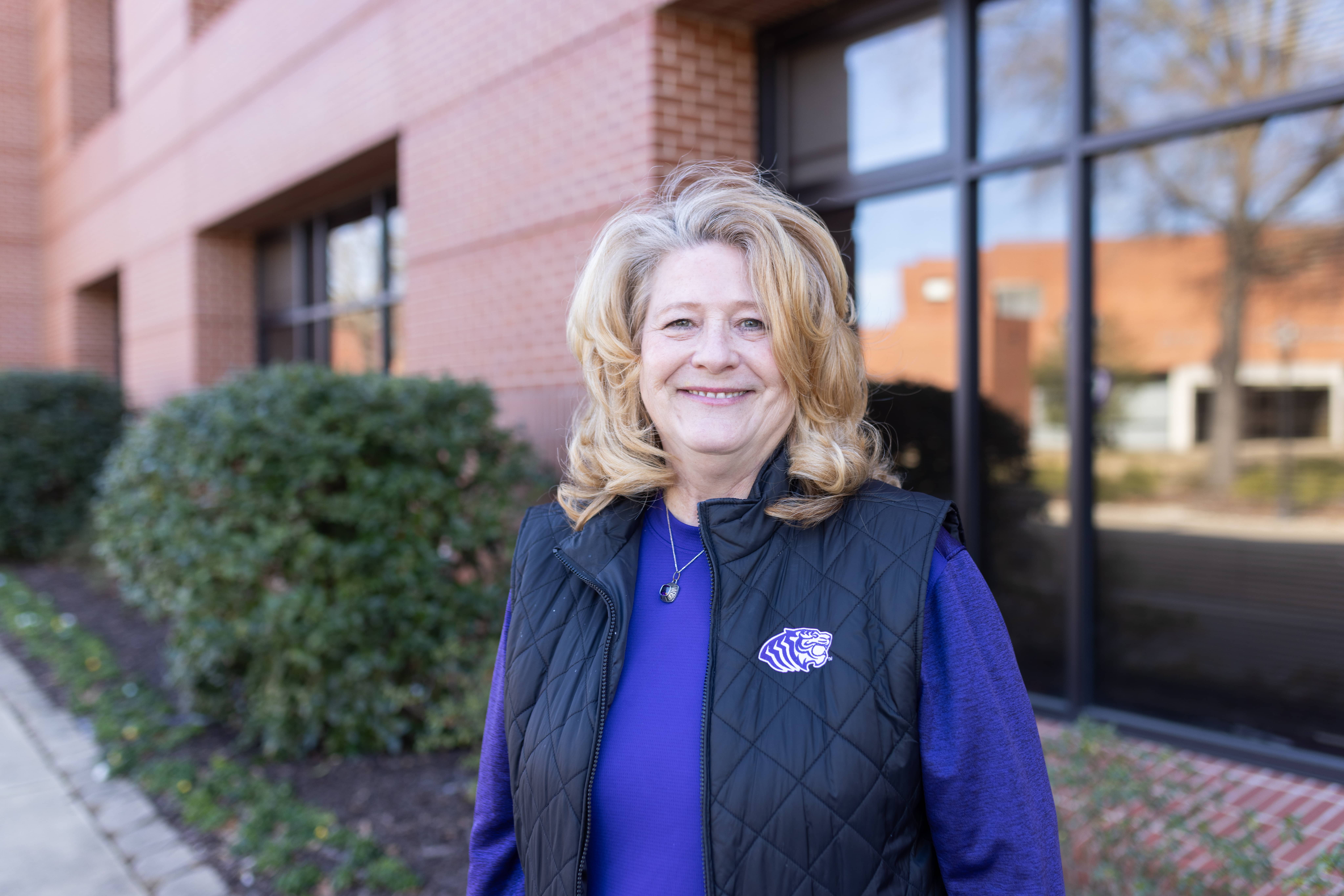Ouachita has an honor code, intelligent and knowledgeable professors and now it has Turnitin.com.
Turnitin.com is a Web site with the goal of preventing plagiarism. The company behind this Web site, Paradigms, was started in 1996 with the aim to “monitor the recycling of research papers” according to Turnitin.com. From there, they started “the world’s first internet-based plagiarism detection service,” Plagiarism.com. Now, six years later, it is known as Turnitin.
In the spring of 2007, Turnitin officially penetrated the Ouachita bubble. Dr. Lori Hensley, assistant professor of biology, presented the site before school began at the Faculty Colloquium.
“A former OBU student told me about Turnitin,” said Hensley. “I looked into it and it was exactly what I wanted. It put all students on an even playing field.”
Although Ouachita had previously looked at securing a campus license to use Turnitin, the cost prevented approval. Hensley worked with Turnitin to work out a package suitable for the size of Ouachita’s campus. With volunteer funding from places like the William H. and Peggy Sutton Center for Integrity, Turnitin was ready for use by the time the semester started.
“About 10-15 guinea pig instructors tried it out in the spring,” said Hensley. “Then Dr. [Stan] Poole asked me to talk about [Turnitin] again at the faculty meeting preceding this semester.”
Dr. Byron Eubanks, professor of philosophy and Liberal Arts course coordinator, brought the site specifically to Liberal Arts professors’ attentions.
“[There is a] large number of students in this course and a unified syllabus,” said Eubanks. “Since multiple professors teach it, the likelihood of catching cheating is slim. When papers are submitted to turnitin.com passages are flagged by high or low probability and the source that is similar to the passage is made available.”
The benefits of a site like Turnitin.com include not only holding students accountable to the Honor Code, but also giving them the opportunity to double-check their work for mistakes.
“Professors can give students the option to submit their papers early to self-check for plagiarism,” Eubanks said. “This helps students trying to do the right thing to fix accidental problems.
Hensley agreed, stating her favorite part of Turnitin is that it is “not a way for me to catch [students who plagiarize,] but a way for them to check papers themselves.”
Before turning in papers to the site, students must set up a personal account. First, they must receive a class ID and password from the professor, then they set up an e-mail and password for future use. Students must register for each class separately, but once an account is set up all classes will be shown upon log-in.
“It’s a way to ensure students are earning the grades they receive,” said Hensley. “Students are not taught what’s okay to copy from the Internet or how much they need to re-word ideas. It’s never been easier to copy and paste essays.”
Most students are receptive to and supportive of Turnitin.com being used.
“It takes extra time for students and professors, but I think it’s a great idea and I’d be okay if all professors used it because it helps them out,” said freshman Jennifer White, a Christian studies major.
Although Turnitin is not required for any courses, Hensley is confident that it will soon spread across campus.
“I don’t think we will have to continue promoting [Turnitin], I think it will promote itself as people start talking about it’s strengths,” said Hensley.




